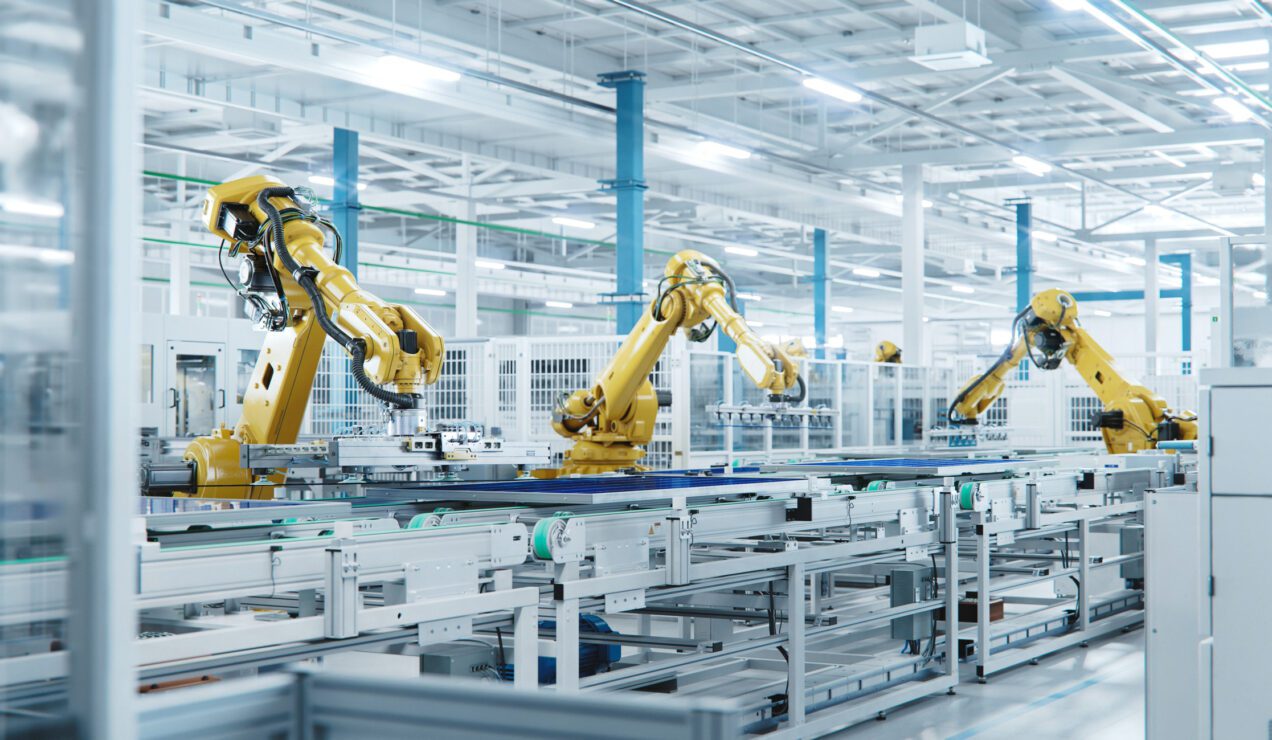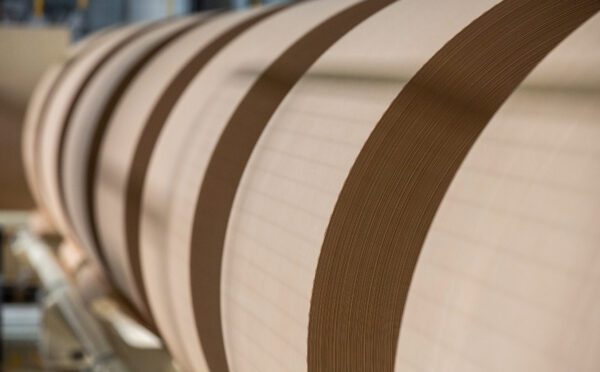Industrial manufacturing remains an important part of the Canadian economy, despite fierce competition from lower-cost manufacturers in developing economies. Ontario and Québec remain the key manufacturing provinces with respect to automotive and aerospace production while wood products, extraction equipment and agricultural machinery form the bulk of production in the Prairies and in the West.
Canadian manufacturers can establish and maintain their competitiveness through innovation, high value-add and efficiency. New technologies like artificial intelligence are reshaping the sector, increasing automation and efficiency in manufacturing processes. Outsourcing production to offshore countries has decreased costs, but introduced logistic and contractual challenges.
Canada’s relatively small population makes exports necessary, but trade disputes, including “buy local” campaigns, exacerbate uncertainty and create difficulty for export-oriented producers.
How we can help
Osler draws on our national platform of experts to help you navigate the many issues that impact the manufacturing sector, including the complexities of technological change, intellectual property, supply chain resilience, the labour market and industry-specific regulations. Our unique “one-firm” approach means clients can access advice pertaining to all aspects of their manufacturing business, leveraging our extensive experience in supply chain litigation and deep knowledge of labour and employment relations.
We have advised manufacturers of all sizes on their most business-critical business issues. Our interdisciplinary team has assisted them with complex transactions, restructuring, trade regulation and cross-border issues. We can help you realize your business objectives, from improving your internal operations and governance to helping you acquire desirable assets to grow your business.
Latest Insights
-
Osler Update March 1, 2022
Quebec Court of Appeal provides decision on loss consolidation transactions
On February 17, 2022, the Quebec Court of Appeal released its decision in Agence du revenu du Québec vs. J.D. Irving Limited, in which it dismissed...
Read more -
Blog October 1, 2020
U.S.-Canada aluminum trade war: How it could affect the Canadian construction industry
We've discussed the countermeasures proposed by the Canadian government in response to the U.S. government’s 10% tariff on raw aluminum...
Read more
Stay up to date with our latest insights
SubscribeIn the Media
-
Osler News September 9, 2024
Osler receives a 2024 Turnaround/Transaction of the Year Award from the Turnaround Management Association
Osler is pleased to announce that the Xebec Adsorption Group restructuring has been selected for a 2024 Small Company Turnaround/Transaction of the...
Read more

